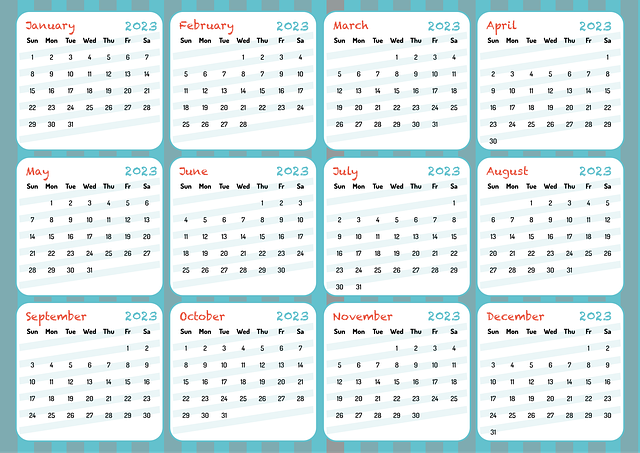Small businesses can profitably expand into event planning by understanding their local market through demographics, trends, and cultural preferences research. Tailored packages, relationship building, and engaging with local vendors differentiate your services. Pre-wedding market research uncovers client preferences for intimate or grand events. Staying ahead of competitors by analyzing trends and offerings ensures a top choice status in the market.
Planning a wedding can be overwhelming, especially for small businesses looking to enter or enhance their event planning services. This guide is designed to empower local businesses with practical strategies for successful wedding planning. From understanding your target audience and crafting a unique selling proposition to building a niche and streamlining planning processes, this article covers everything you need to know to thrive in the world of event planning for local businesses.
- Understanding Your Local Market: Event Planning for Small Businesses
- – Identifying target audience and their preferences for events
- – Researching competitors and current event trends in your area
Understanding Your Local Market: Event Planning for Small Businesses

For small businesses looking to expand their services, event planning can be a lucrative and fulfilling venture. Understanding your local market is key to success in this sector. By delving into the specific needs and trends within your community, you can tailor your event planning services to fill unique gaps in the market. Researching local demographics, popular venues, seasonal demands, and cultural preferences will empower you to offer specialized packages that cater to both individuals and businesses.
Event planning for local businesses involves more than just organizing celebrations; it’s about fostering relationships and contributing to the community. Engaging with local vendors, promoting sustainable practices, and supporting community initiatives can set your small business apart. By integrating these elements into your event planning services, you not only enhance the overall experience but also strengthen local partnerships, creating a vibrant and supportive ecosystem for everyone involved.
– Identifying target audience and their preferences for events

Before wedding planning for a small business, it’s crucial to identify your target audience and understand their preferences for events. This involves delving into demographic data, cultural backgrounds, and personal tastes of potential clients. By conducting market research and leveraging tools like surveys or focus groups, you can gain valuable insights into what makes an event memorable for your ideal customers.
For instance, some audiences might prefer intimate gatherings with personalized touches, while others crave grand celebrations with elaborate decorations. Incorporating these preferences into your wedding planning will not only enhance customer satisfaction but also attract repeat business and referrals in the competitive local businesses event planning landscape.
– Researching competitors and current event trends in your area

When planning a wedding, event planners must stay ahead of the curve by researching competitors and staying informed about local trends. Understanding what your competitors are offering is crucial for developing a unique and appealing service that stands out in the market. Keep an eye on current event trends in your area; popular themes, decor styles, and entertainment choices can offer valuable insights into what couples are seeking for their special days.
By analyzing competitor pricing, package offerings, and customer reviews, you can identify gaps in the market and create specialized services that cater to specific needs. Staying attuned to local trends ensures your event planning business remains relevant and desirable among small businesses looking to host memorable weddings or corporate events.
In conclusion, effective wedding planning for small businesses involves understanding your local market through targeted audience analysis and competitive research. By leveraging these insights, you can create memorable events that cater to specific preferences while staying ahead of the latest trends in event planning for local businesses. This strategic approach ensures your business stands out, attracts clients, and fosters lasting relationships within your community.














